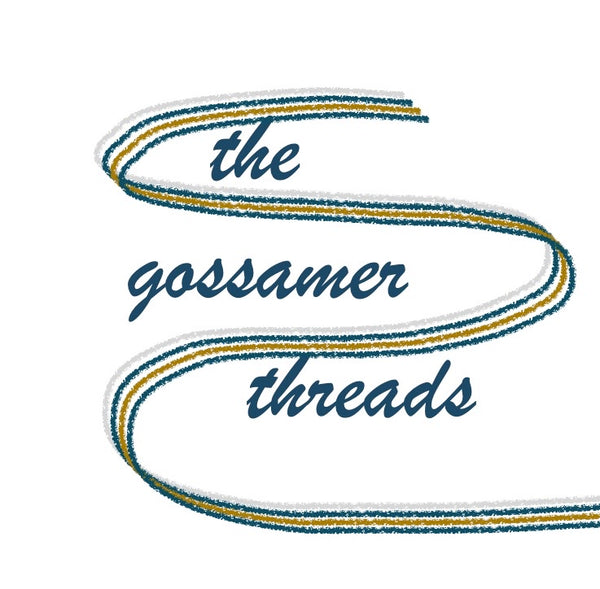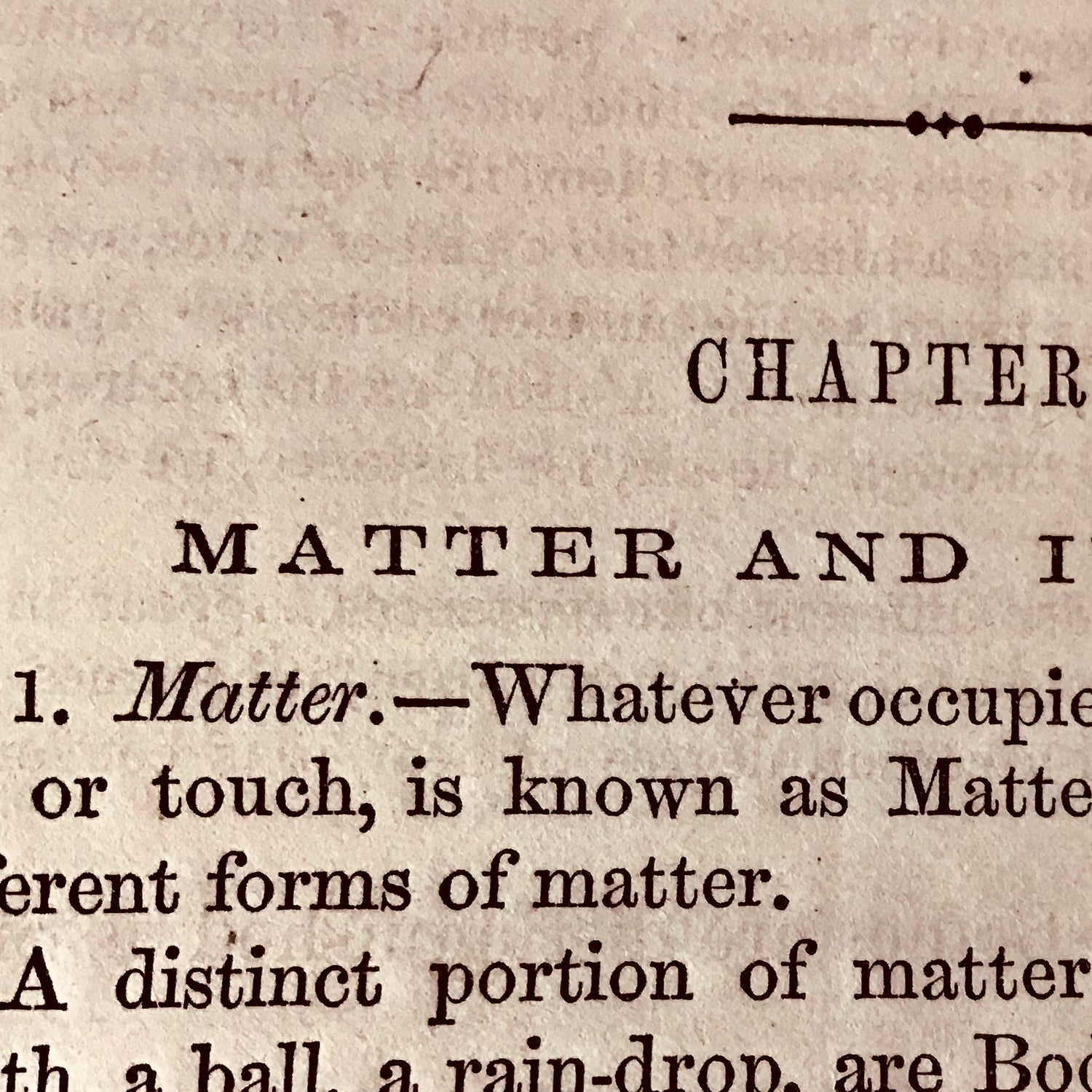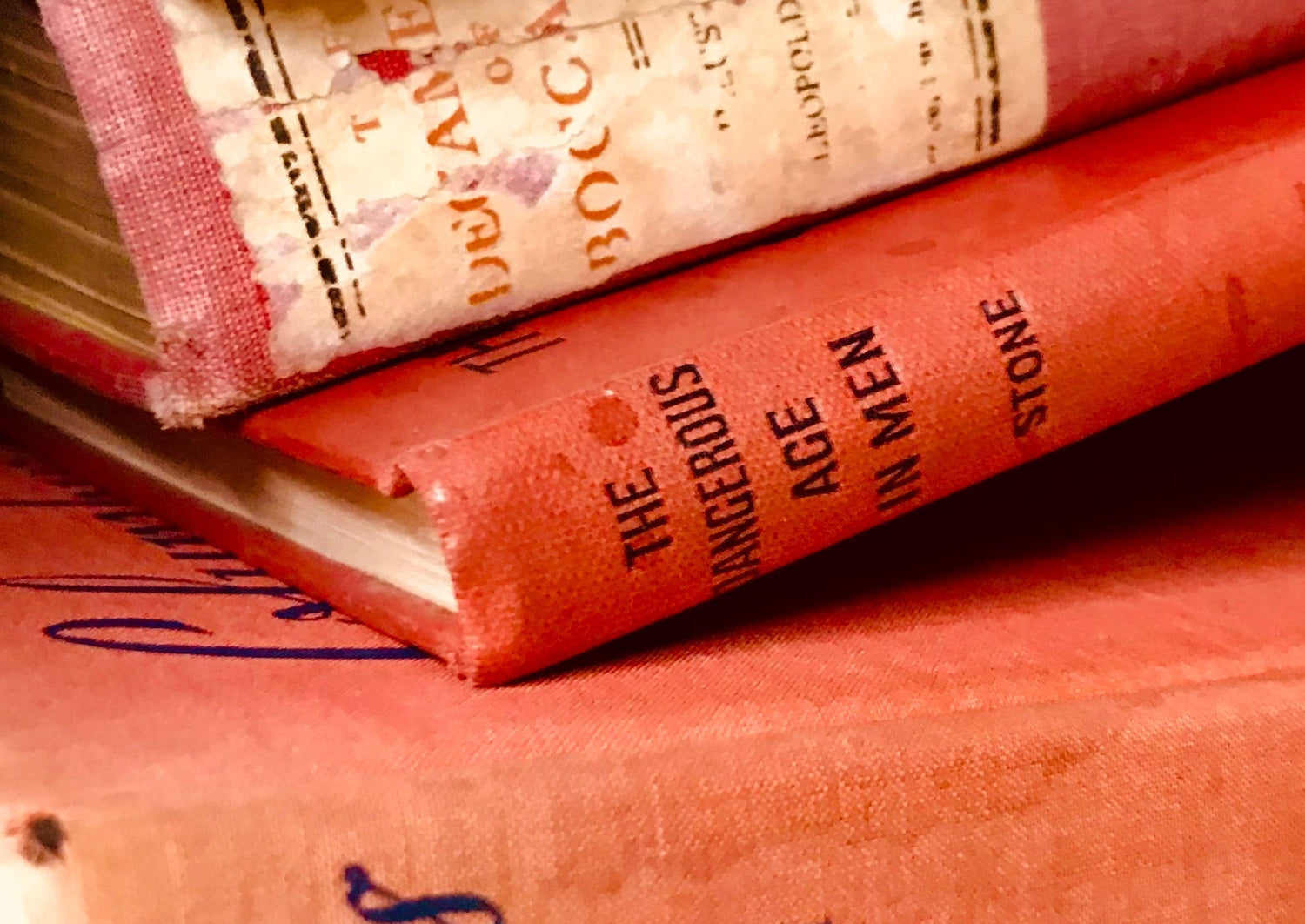Not everyone is ready for or resonant with every writer or every book. But for a reader to put a book down and say it is too difficult or confusing is not necessarily a reflection of the writer of the book. It is a reflection of the reader's present moment.
In our current day of hall of mirrors platforms we can see so many distortions around us that we can become overwhelmed. If we leave these platforms and wander off to a mountain or stream to sit on a rock our thoughts can resume a natural rhythm and find the ebb and flow in a coherent scene.
Steiner, in my world, can be likened to water. A person can dive in to his vast work and possibly drown in the depth of his deliverances, his whirlpools of knowledge. OR, one can commit to learning how to swim. Most humans learn first to tread the waters, to stay afloat, and after a season begin to feel more confident in the pool.
Steiner certainly takes his audience into deep currents and unseen worlds, but in our first encounters with his work, or the works of the ancients, it may feel shallow and only ankle deep. This was an intentional process. If a traveller wanders into a foreign village with no experience of the language other ways of communicating emerge out of necessity and understanding can be achieved at a surface level. But if one decides to take up residence and determines to live in the region, then the nuance of the culture, the landscapes, the climate, the histories of the peoples will all contribute to the experience, and understanding of the language.
Just as modern text messages can be easily misunderstood because the key nuances of voice or context are lacking, so it is with the knowledge coming from past generations.
Explorers explore new and unseen regions. One begins a journey into Steiner's work in this way, as an explorer of new worlds and ideas. A diver, a Jaques Cousteau, doesn't pay heed to what surface dwellers say about the deep. A diver has seen it and experienced it singly, for oneself. Exploring and experiencing takes time, a long time. There is no hurry to explore or understand everything. Steiner, Dostoevsky, Goethe, Schwaller, Jung, are regions in the vast territory. As are the modern platforms. But the old and new worlds are of the same source. The mystery and the mastery has not changed, it is the explorer and the tools that change, and the modes of travel.
If a student wants an education the prerequisite is self discipline and this requires attention. Attention not to others necessarily, but to one's inner being. The ability to not pay, but give attention is indispensible to any worthwhile endeavor, relationship, life. These initial skills, these abilities, are innate but require cultivation. Development of inner workings will slowly bring one to rely less and less on the outer devices for truth and knowledge. Outer tools are a welcome godsend to any worker or builder, but these cannot replace the inner work.
Another important discernment in the process of understanding is translation. The works of Steiner, as well as Dostoevsky, Schwaller ..the libraries of antiquity, these come to us in translations of the original language. Know the translator. My favorite translator of Dostoevsky was Costance Garnett and I would only read the Russian writers by way of her translations. Rudolf Steiner's works are somewhat unique in that much of his published works come to us from his many lectures, public and private. These are compiled from the notes of those actually present, and then translated into english by specific students of Steiner, usually those who knew him, his nuances. Steiner's archive of work is very accessible and this is so valuable, but remember that translation is as important as the work itself. More and more of the archive is coming out without naming a translater. It is also sometimes disclosed that his work is now being translated by AI. This is so ironic in that if one is schooled in his work one would avoid and discourage this particular material approach to his material.
Again, outer tools have a definite place in modern society. But most likely a bulldozer would not be the right choice for handling delicate papyrus, or renaissance paintings.
![]()





